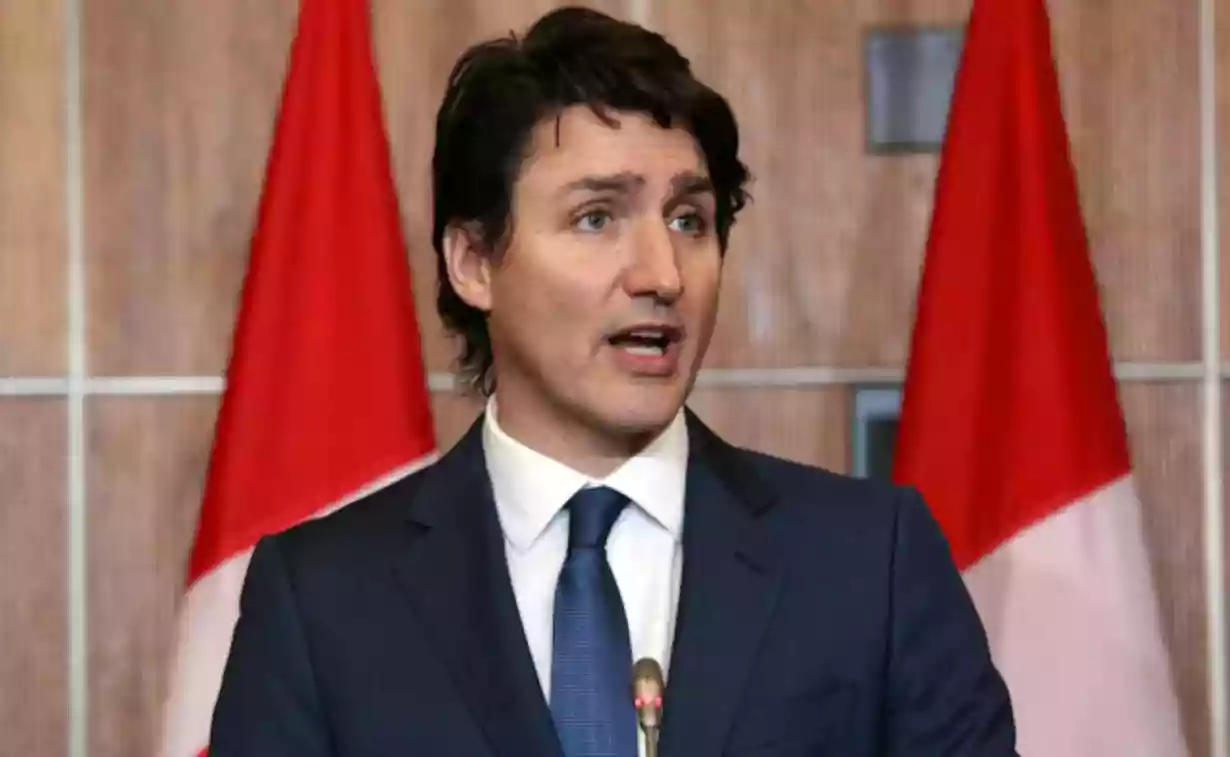.gif)
.gif)

In a new development, The Canadian government on Tuesday updated its travel advisory asking its citizens to avoid all travel to the Union Territory of Jammu and Kashmir “due to the unpredictable security situation”, The advisory highlights concerns related to terrorism, militancy, civil unrest, and kidnapping. However, it excludes travel to or within the Union Territory of Ladakh.
This move follows Canada's recent allegations that the Indian government might have been involved in the killing of Khalistan extremist Hardeep Singh Nijjar in June.
"Avoid all travel to the Union Territory of Jammu and Kashmir due to the unpredictable security situation. There is a threat of terrorism, militancy, civil unrest and kidnapping. This advisory excludes travelling to or within the Union Territory of Ladakh," Canada stated in the advisory for India, marking it an “Exercise A High Degree Of Caution”.
Prime Minister Justin Trudeau demanded on Tuesday that India treat Canada's allegations with "utmost seriousness." Canada had stated on Monday that there were "credible allegations" connecting agents linked to New Delhi to the murder of Nijjar, a Canadian citizen, in front of a Sikh cultural center in a Vancouver suburb on June 18. In response, the Indian government dismissed these allegations as "absurd."
The escalating confrontation between the two nations has further strained bilateral relations, which were already marred by concerns over pro-Khalistan activities in Canada. These concerns include organizing a referendum on a separate Sikh homeland, targeting Indian diplomatic facilities, and promoting violence against top Indian officials. While Trudeau insists that his statement is not meant to "escalate" tensions, the situation remains delicate, raising questions about the future of India-Canada relations.